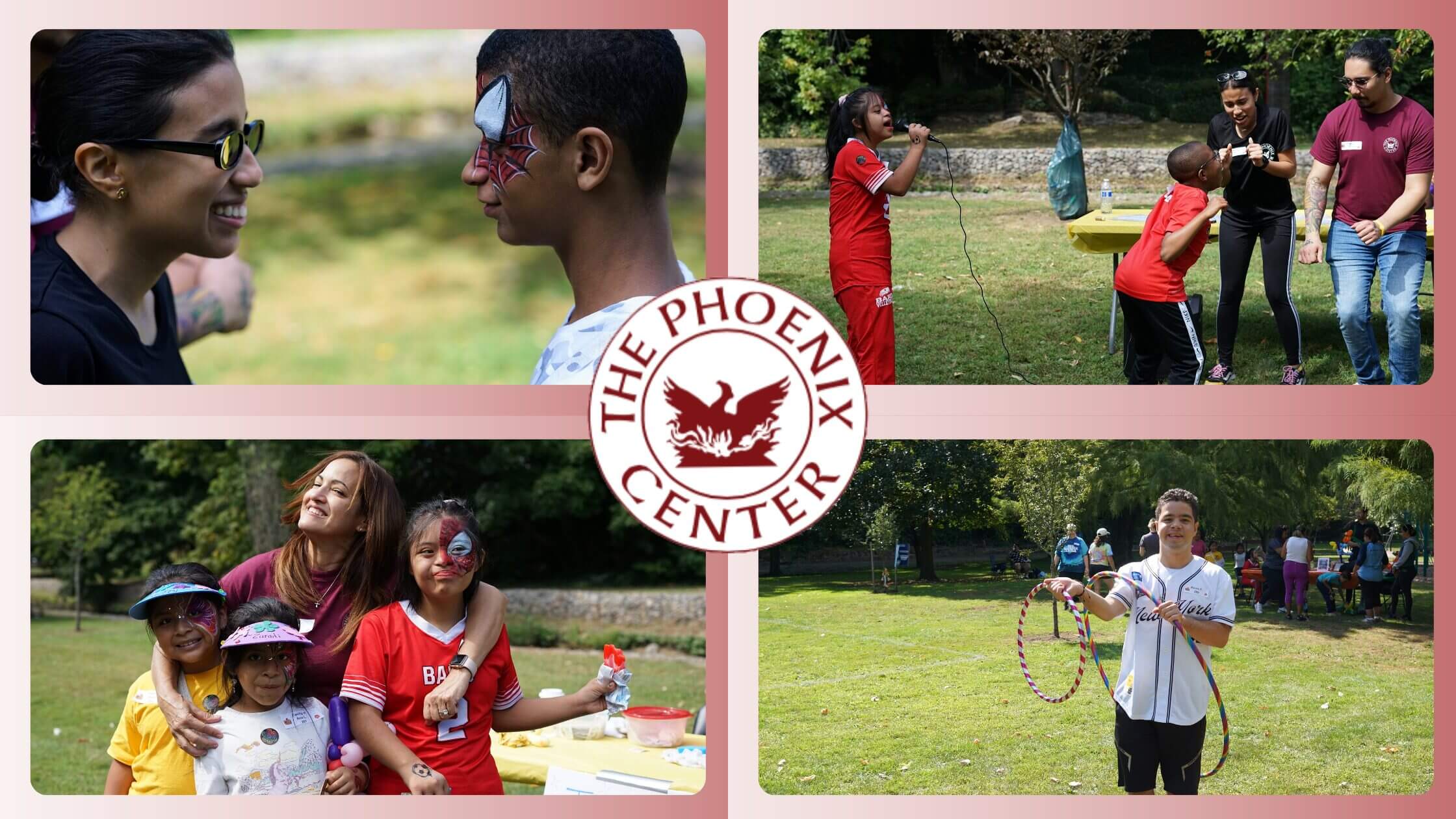Summer has officially arrived, bringing with it long, sunny days and popsicles on the porch. For families of children with multiple disabilities, autism, or sensory processing challenges, this season can be a double-edged sword: offering more time for exploration and relaxation, yet also presenting increased pressure to fill the day with structure, fun, and support.
The good news? You don’t need a jam-packed calendar or elaborate plans to make summer successful. With a little preparation and a whole lot of flexibility, you can create days that are meaningful and engaging.
Keep a Little Structure
Even though school’s out, many children still crave routine. Consistent wake-up times, regular meals, and predictable bedtimes can create a much-needed sense of stability. Simple tools like visual schedules or setting a timer for the “next activity” can ease transitions and reduce anxiety—especially when moving from something preferred to something new.
Explore Local Favorites (With a Plan)
Summer is the perfect time to get out and explore. Places like Van Saun Park, Turtle Back Zoo, or Imagine That! Museum offer built-in variety—nature walks, animals, water play, and more—all in one space. Planning ahead makes all the difference. Try calling ahead to ask about sensory accommodations or low-crowd times. Pack a bag with go-to sensory tools: headphones, snacks, sunglasses, chewables, fidgets—whatever your child finds comforting.
At-Home Fun That’s Anything but Boring
You don’t need to leave the house to keep the good vibes going. Build a blanket fort. Create a “water lab” with cups and containers outside. Try painting with shaving cream, playing with sidewalk chalk, or spraying water on the driveway art for a whole new texture. These kinds of hands-on activities offer great sensory input, fine motor practice, and most importantly—fun.
For quieter moments, take the party outside with a book or some music under a shady tree. Sometimes less is more, especially when it’s peaceful.
Make Movement Part of Every Day
Physical activity is key for all kids, especially those who benefit from sensory regulation. Movement doesn’t have to mean sports or a full workout—just get creative. Take a walk around the block. Turn a grocery trip into a “movement mission” by letting your child help push the cart, carry bags, or count steps.
Yoga, stretching, and impromptu dance parties indoors are also great ways to reset energy and regulate emotions on those extra-hot or rainy days.
Water Play Is a Win
Pools, sprinklers, the beach—even a bucket of water and a few measuring cups can do wonders for a restless body. Swimming, in particular, offers calming resistance and deep sensory input. Try to go during less crowded times and don’t stress if your child prefers to stay poolside and scoop water—it’s still valuable play.
If sand is a struggle, bring beach shoes, digging tools, and plenty of backup clothes. It’s all about finding ways to adapt and still participate comfortably.
Traveling? You Can Do It.
Whether it’s a long car ride or a weekend getaway, travel is possible (and even enjoyable) with the right prep. Frequent breaks for movement, plenty of snacks, and a few comfort items can help ease the journey. Ginger chews, sour candies, headphones, or motion sickness bands might also make a big difference for sensitive travelers. And when in doubt—take your time. There’s no rule saying you have to do it all in one day.
Every Family Is Different—And That’s Okay
The most important thing to remember? Summer doesn’t have to be perfect—it just has to feel right for your family. Some kids thrive on action. Others prefer quiet moments. Many families are juggling different needs between siblings. That’s okay.
Whether your days are filled with new adventures or cozy moments at home, what matters most is connection, curiosity, and a whole lot of grace (for you and your kids).
From all of us at The Phoenix Center, we wish you a safe, joyful, and sensory-smart summer.
If you ever need a suggestion, resource, or just someone to brainstorm with—we’re here.

